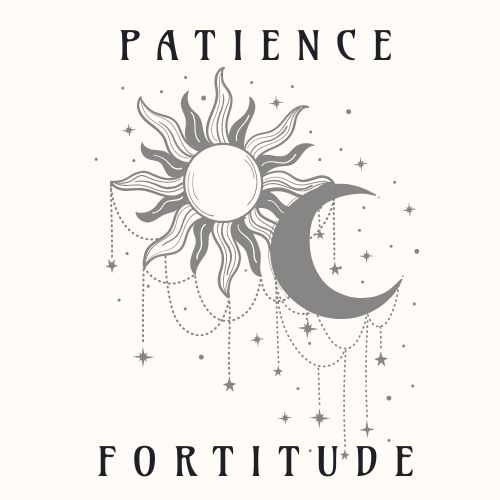I am slowly posting the entirety of Grieving Futures: Surviving the Deaths of My Parents, here on Patience & Fortitude for free. General warnings are in place: this book address grief, mourning, self-harm, anger, poverty, and pet death, all in the context of becoming an adult orphan in my twenties. You can still buy the book if you would like (doing so helps support my writing!).
As they say, every unhappy family is miserable in their own unique way. While I was blessed with parents who truly loved and treasured me, they themselves were cursed with serious demons that impacted how they lived their lives, how they raised me, and even how they died.
I mentioned Poppa’s PTSD and alcoholism earlier, born not just out of a history of alcoholism in his family but through surviving World War II as a reconnaissance pilot and the Southeast Asia Conflict (a.k.a. Viet Nam) as a rescue helicopter pilot. As far as I know, Poppa never received any serious counseling or psychotherapy to deal with his issues as a war veteran and survivor, and it showed.
Mother, on the other hand, was randomly bipolar, a shopaholic, and an hypochondriac. When I was young it was not “bipolar” yet, it was “manic-depressive” and to be honest, that was a better description of her life given her extreme mood swings. Her hypochondria was the kind based on actual health problems. For example, she really did have adult-onset severe asthma that almost killed her when I was about seven, and she really did suffer from recurrent, severe migraines. On top of her legitimate health concerns, though, she piled on so many other undiagnosed disorders that it was hard to keep track of it all. I can, in retrospect, armchair quarterback (so to speak) her health issues but in the end, they were real enough to her.
Without going into too many details about my childhood, I want to establish that there were problems, serious problems that negatively impacted the relationships among the three of us from the time I was born until decades after their deaths.
There is a strange dichotomy at work in this kind of situation: I miss my parents, as I loved them very much and they loved me, but I would be lying if I did not admit to being glad sometimes that my mother is dead and that my father is out of his misery.
If that sounds a little shocking, consider that for many years as I thought about writing this book, the subtitle for this section was “How to Hate Your Mother When She’s Dead”. That is the kind of statement that gets you strange looks in conversation. Early query letters for this book were forcefully rejected because of the tone of that particular phrase, although agents were otherwise interested in the idea.
But honestly, the elephant in the room after a parent dies is made up of all the issues you had with them while they were still alive. Maybe your mother was religious, and disapproved of your changing churches or going agnostic; maybe your father never forgave you for marrying the person you chose; maybe one or the other parent suffered an addiction to alcohol or drugs; maybe one or the other or both were just kind of lousy parents. Worst case scenario is that the parent who died abused you, physically or mentally, or stood by while someone else did. Who in their right mind really believes that those kinds of issues die with the deceased?
Actually, a lot of people do.
I got the “she’s dead, move on” speech in every flavor under the sun so many times I could (still) scream. I got the “he’s dead, best to remember the good times” speech too. It always made me furious because those kinds of attitudes essentially invalidate my experiences, my regrets, and my anger. I never got the chance to resolve or address my feelings with my parents while they were alive, but that does not mean those feelings just went away on the day they died. Believe me, I really, really wish they had.
It is not about how much you love them, or how much they loved you, it is about the fact that everyone involved is merely human. We are complex emotional creatures and yes, it is entirely possible to love someone you hate. It is possible to be angry at someone and still miss them. It is possible, and indeed probable, that for however much an important part of our lives our parents played, we are sometimes glad they are not around.
I had to contort myself for years to avoid these conflicted feelings, much less address them. It felt weird to discuss problems I had with my mother, since she was dead. As my therapist often reminded me, Mother’s influence in my life did not end with her death and her impact on my emotional development cannot be escaped.
In that sense, we are never truly alone…and that is what will drive you crazy if you do not acknowledge it somehow.
